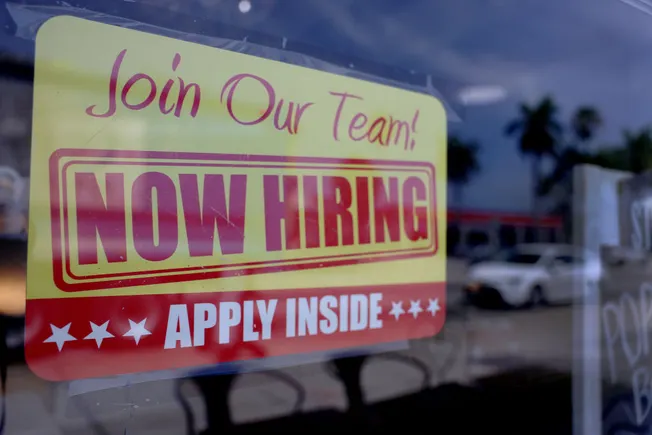Dive Brief:
- Most organizations don’t see the benefits of their diversity, equity and inclusion initiatives because they place too much emphasis on the wrong goal — hiring diverse talent, according to a May 26 analysis published in the MIT Sloan Management Review. DEI practices are a great starting point, the authors said, “but an insufficient place to finish.”
- Instead, diversity should be a means to something more significant, they said — a culture of belonging. This is a culture in which employees feel psychologically safe, or free to take interpersonal risks, speak up, disagree openly and raise concerns without fear of repercussions, the authors wrote.
- Employers can work toward this goal by allowing employees’ backgrounds to come to the fore, the authors said; among other things, that can include supporting employee resource groups.
Dive Insight:
With DEI changes at the federal level, many companies have either backed away or stepped up their efforts in recent months. As the DEI landscape continues to shift, shareholder proposals, legal frameworks and workplace culture programs likely will as well, experts told HR Dive.
Some employers, such as Walmart, have said they’ll focus on belonging as they deprioritize DEI. But one DEI strategist, in an op-ed written for HR Dive, said that leading with belonging means corporate leaders may be sidestepping the harder conversations and actions that equity demands.
Belonging still seems to have it’s place, however, as both the MIT analysis and other research have suggested: For example, a lack of psychological safety tends to drive away leaders of color, according to a report from The Courage Collective. Without a sense of belonging, leaders feel less comfortable disagreeing, innovating and taking risks, the report found.






Leave a Reply